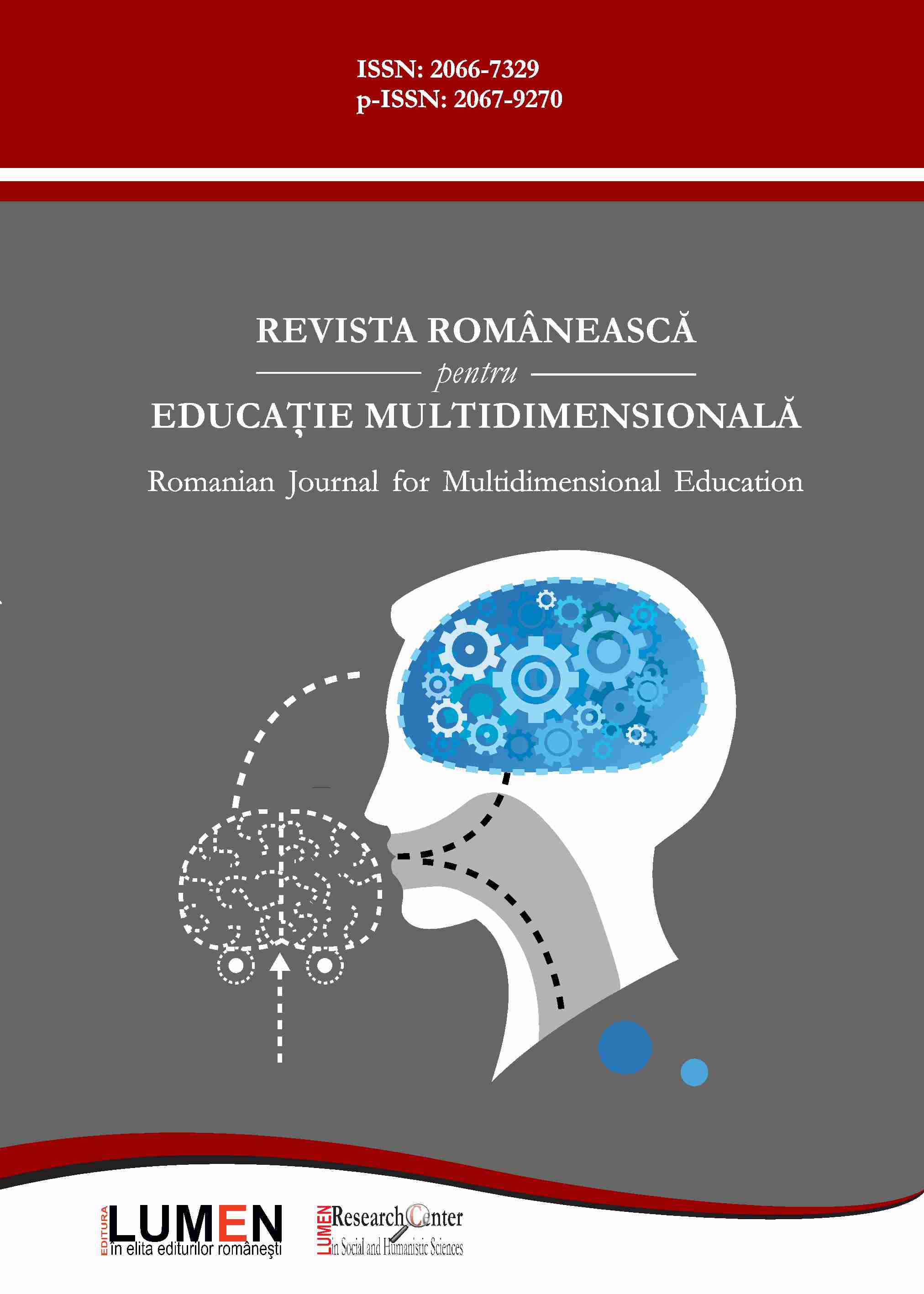Perception of Pre-Service Teachers Regarding the Relationship between Didactic Competencies and Learning Motivation
Perception of Pre-Service Teachers Regarding the Relationship between Didactic Competencies and Learning Motivation
Author(s): Ionel SAMFIRA, Cristina Tulbure, Elena Mirela SamfiraSubject(s): Social Sciences
Published by: Editura Lumen, Asociatia Lumen
Keywords: Didactic competencies; Learning motivation; Pre-service teachers
Summary/Abstract: This paper aims at analysing the perception of agricultural sciences pre-service teachers regarding the relationship between didactic competencies and learning motivation. According to specialists, there are four components of didactic competence: scientific competence, psycho-social competence, managing competence and psycho-pedagogical competence. In our study, we primarily intend to determine the students’ perception concerning the impact of those four didactic competences over the learning motivation. Secondly, we aim at analysing the relationship between the competences students consider to be relevant for the learning motivation and didactic competences they wish to acquire by the end of the psychopedagogical program. The study was accomplished during the university year 2014-2015 over a batch of 65 participants, students attending the second year of study at the Faculty of Agriculture. The collected data was obtained by the method of enquiry and using a questionnaire of opinion as a tool, which contained 24 closed, pre-coded questions. The obtained results have revealed that agricultural sciences pre-service teachers consider that among the didactic competences, the most powerful impact over learning motivation belongs to the psycho-pedagogical competence (M=4.47), followed by the scientific competence (M=4.40) and the psychosocial competence (M=3.74). Also, the scores reflecting the importance of those competences regarding the motivational factor positively and significantly correlates with the scores reflecting the level at which students wish to develop those competences (e.g. psycho-pedagogical competence r=0.71; p<0.01). These findings bring their contribution to getting a clearer image over the accomplishment of some success performances in training students for the didactic profession.
Journal: Revista Românească pentru Educaţie Multidimensională
- Issue Year: VII/2015
- Issue No: 1
- Page Range: 193-202
- Page Count: 10

